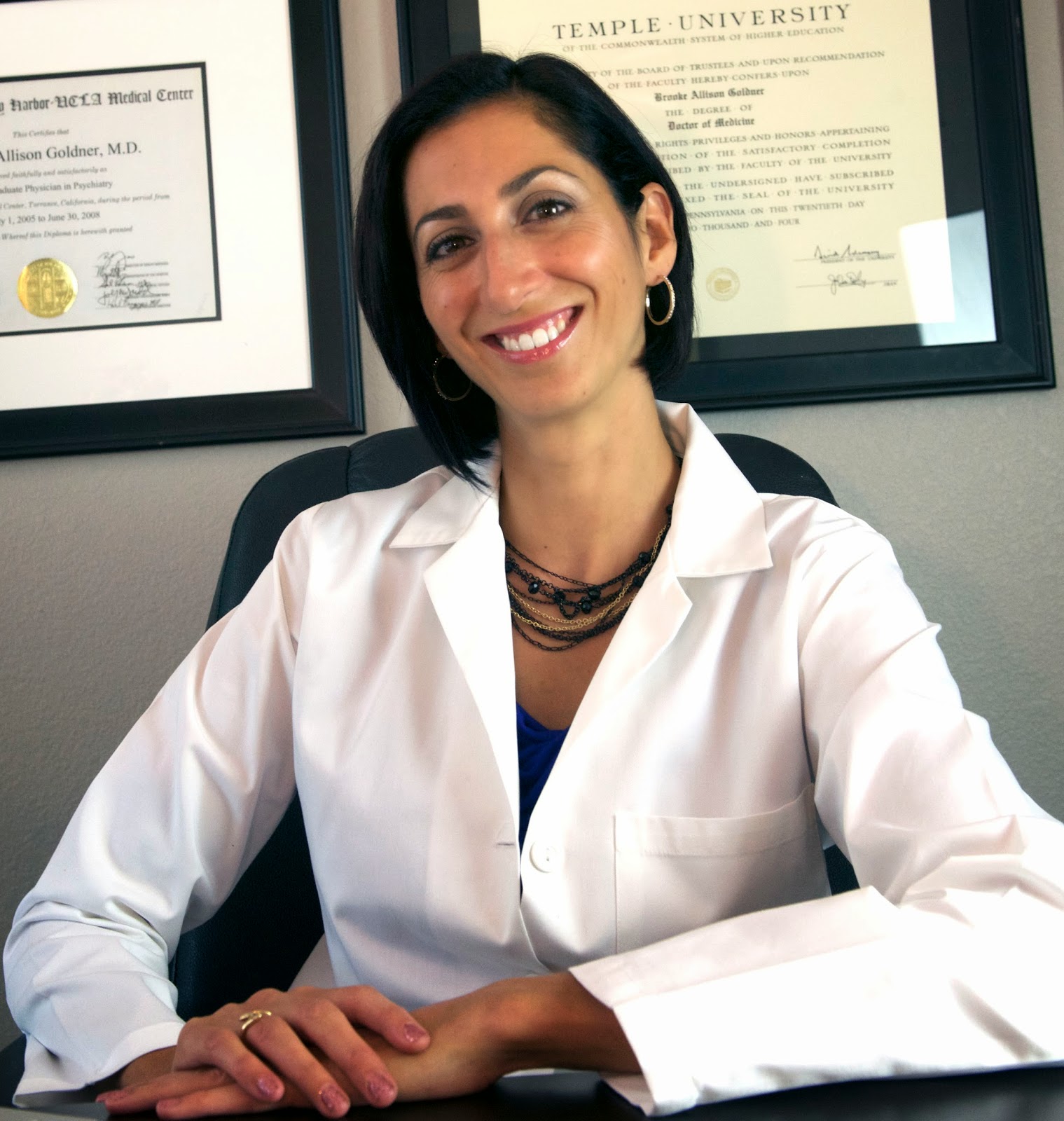I was talking to a friend the other night who asked me how I got my husband to be a man who is willing to cry.
Anyone who has seen Thomas Tadlock on stage or in person knows he does not hide his emotions, and tears will flow when he talks about painful events in his life.
And yet he is super masculine. He is big and strong, a solid wall of muscle, and has beautiful open heart.
My friend assumed that because I am a psychiatrist, I must have figured out how to get him to open up, since many men do not feel comfortable letting other people see them cry.
I admitted to her that I had nothing to do with it, but that his willingness to show his emotions was something that really attracted me to him when I met him.
I didn't want to be with a man who felt the need to hide or guard his emotions from me.
But thinking about it more, I realized that his parents are not openly emotional at all, so he came to be this way on his own.
So I decided to ask him.
Me: "How did you come to be okay with letting people see you cry?"
Thomas: "It was courage."
Me: "What do you mean?"
Thomas: "I found the courage to really let people see who I am and how I feel."
And right then, he blew my mind. It was a simple answer, yet it is so deeply true.
Not many of us are truly brave enough to let people see who we are and how we feel.
Most people put on a show, and hide behind a persona of someone who is doing okay, feeling okay, even if they are suffering on the inside.
It isn't just men. I actually think women are even more expert in hiding their true feelings.
Women often take on kids, work, family, housework and more, and often make it seem like it's no big deal, when in fact they are exhausted and depleted.
I just finished a psychotherapy session with just such a woman.
She is beautiful and talented, and has always been the first to help everyone else in her life.
She took care of a depressed husband and emotionally volatile parents, and always faced everyone with a big gorgeous smile and an air of, "I am tough, I can handle everything".
In fact she actually told me that when I first met with her.
The problem was, no one went out of their way to take care of her, and she felt anxious, unloved, and disrespected.
When I first met her, I could see all of this, and I told her,
"You are not titanium.
Stop trying to convince people that you are so tough, and they will start respecting your feelings."
She has taken huge steps in turning this around, and has vastly improved the relationships in her life. She lets people know how she feels and has set boundaries for herself.
She is taking care of her body.
Yet she mentioned today, she felt some embrassment after a friend said to her,
"It's weird to see you crying. The woman I know never cries."
So I talked to her about the courage she now has to let people see how she feels.
When she looked like she had it all together and nothing bothered her, she felt anxious, depressed and unloved.
Now that she is letting people see her struggle, her good days and bad days, she feels relieved, and loved and supported.
She has become so brave.
It takes great courage and strength to let people see who you really are.
So how do you come out of hiding? Here are the steps to becoming brave!
1) When someone hurts your feelings, say "Ouch, that hurt, did you mean to hurt me?"
2) When someone asks you, "How are you?", actually answer them honestly.
Don't say "fine" or "good" if the real answer is "sad and overwhelmed".
3) Don't rob people of the good feeling they get to have when they take care of you.
You enjoy taking care of others because it feels good.
Let the people you love get the beautiful gift they will get taking care of you.
You are not a burden, you are a gift.
(How do you do this? See Step 2, Then move on to Step 4.)
4) If someone offers to help you with something, say yes.
Just say yes.
4) Let people see the full range of who you are,: that you are messy, you have gifts and struggles,
highs and lows.
Let them love you for who you truly are, not the persona you created.
Brooke Goldner, M.D.
The Vegan Medical Doctor
VeganMedicalDoctor.com
Dr. Brooke Goldner is board certified in psychiatry and neurology, and helps clients recover from trauma, anxiety and depression using Skype and phone to see them in the comfort of their own homes.
She is certified in plant-based nutrition. 10 years ago, she healed herself of a deadly disease, Lupus, entirely with her nutrition protocol. She now used her healing protocol to teach clients how to use simple Supermarket foods to heal their bodies and live vibrant lives.
To learn more about Dr. G, go to VeganMedicalDoctor.com.






